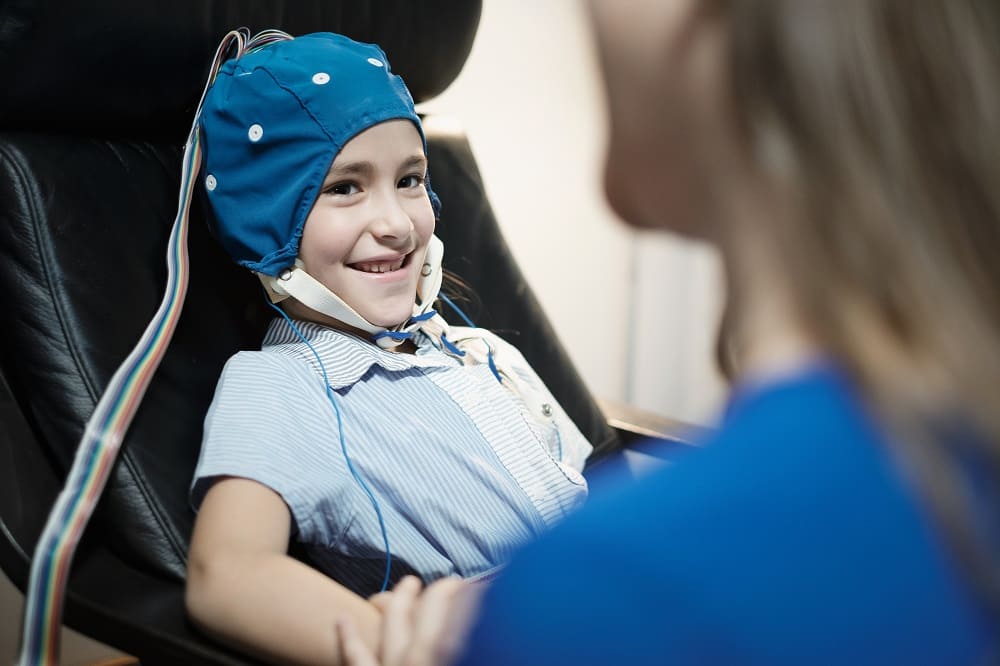The Role of Biofeedback Equipment in Stress Management
Stress management is a huge subject. There are many methods of managing stress.
One thing that is constant is that the body reacts to stress in several ways, many of which can be measured using biofeedback equipment. People who are experiencing stress often have sensations that they can feel, if they are sensitive and present enough without biofeedback equipment. These sensations may be related to changes in cardiovascular activity like your heart beating faster or more forcefully, blood vessels constricting, muscles contracting, increased sweat, changes in brain activity, or changes in digestive activity. These changes are related to what is called physiology. Whether a person feels these changes or not, they are happening. What biofeedback equipment can do is make the invisible, visible.
It can show you the measurable changes that are happening, moment by moment so that you can connect the changes to the events that may have triggered them. You can also use this information to learn to train your physiology or affect how much change there is and reverse some of the changes if they are in an unhealthy direction. When we step on a scale and don’t like the number we see, we may regulate our behavior including eating and exercise to change the number we see on the scale over time. This is a slower process than what we see when using biofeedback equipment. The changes in the readings can happen in moments instead of days, weeks, or months. With practice you can train your physiology to behave in a more healthy way. The negative changes become smaller, and you recover from them more quickly.
The things that biofeedback equipment can measure include muscle tension, skin temperature, skin conductance (sweat activity), Heart Rate and Heart Rate Variability, Respiration, end tidal CO2, and EEG/brainwave activity.
Free introductory biofeedback and neurofeedback courses are available at www.biofeedbackinternational.com
Harry L. Campbell





